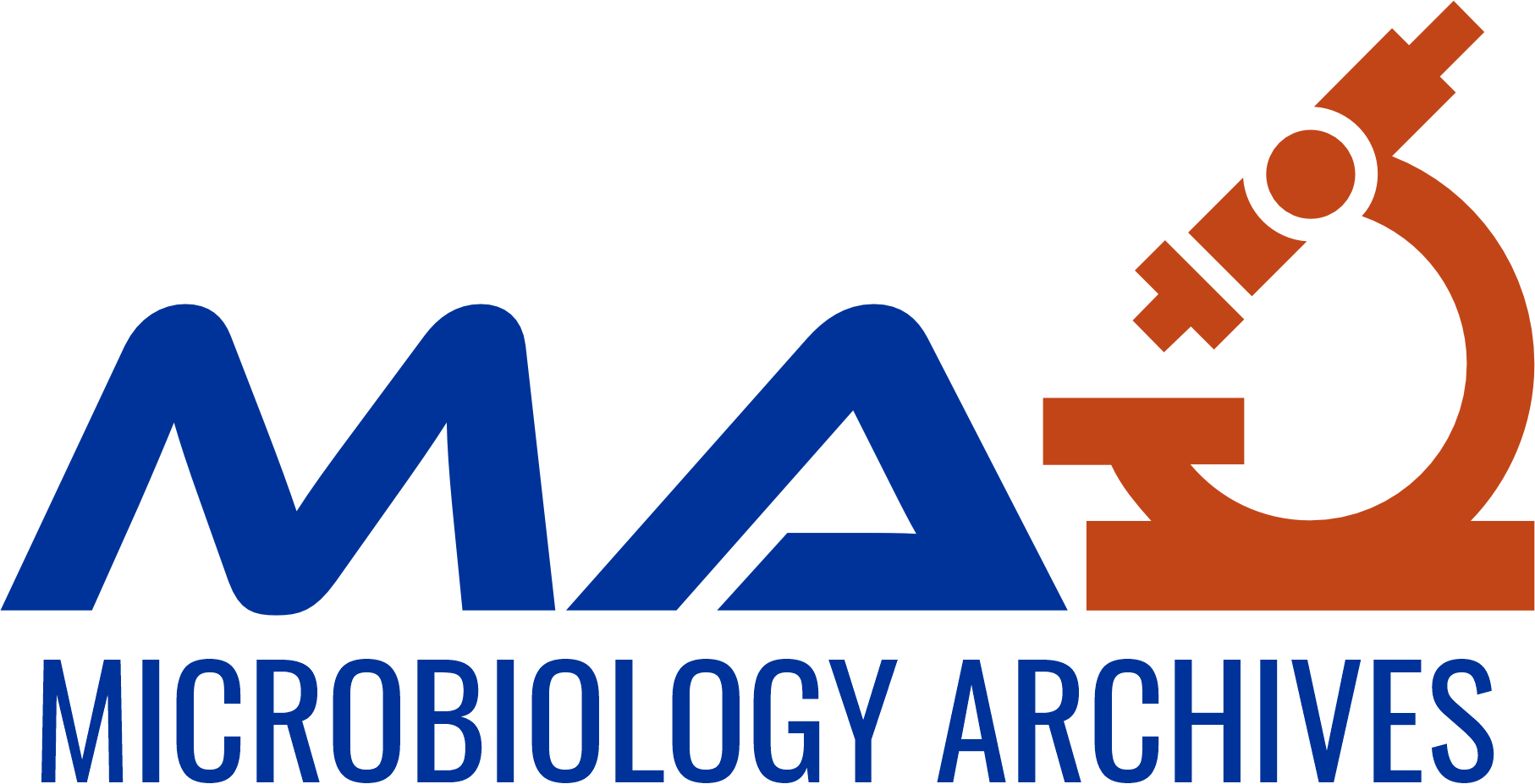The integration of phytotherapy into modern microbiological strategies for infection control and immune modulation represents a promising interdisciplinary approach to combating antimicrobial resistance and enhancing host immunity. This synthesis leverages the vast pharmacological potential of plant-derived bioactive compounds—such as polyphenols, alkaloids, terpenoids, and flavonoids—known for their antibacterial, antiviral, antifungal, and immunomodulatory properties. Recent advances in microbiology, genomics, and biotechnology have enabled a more precise understanding of microbial pathogenesis and host immune responses, opening the door for synergistic phytotherapeutic interventions. These plant-based agents can disrupt microbial communication (quorum sensing), inhibit biofilm formation, and potentiate the efficacy of conventional antibiotics, thereby addressing the growing crisis of drug resistance. Moreover, phytochemicals have demonstrated the ability to modulate both innate and adaptive immune functions, including macrophage activation, T-cell differentiation, and cytokine regulation, without the adverse effects commonly associated with synthetic drugs. By integrating traditional phytomedicinal knowledge with modern molecular tools such as omics technologies and nanocarrier systems, this novel strategy promotes personalized, eco-friendly, and sustainable infection control solutions. This holistic paradigm not only diversifies the arsenal against infectious diseases but also aligns with the global shift toward integrative and preventive healthcare systems.
